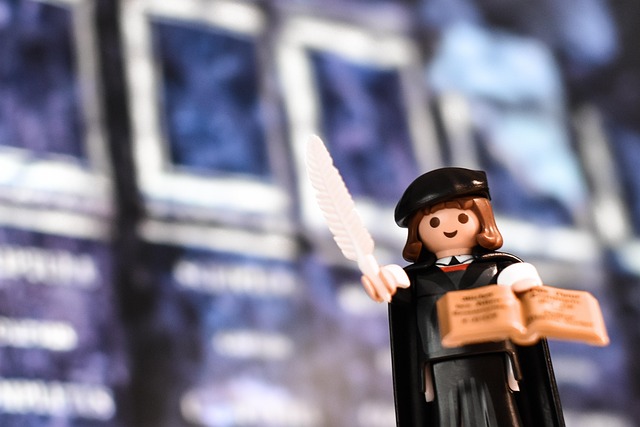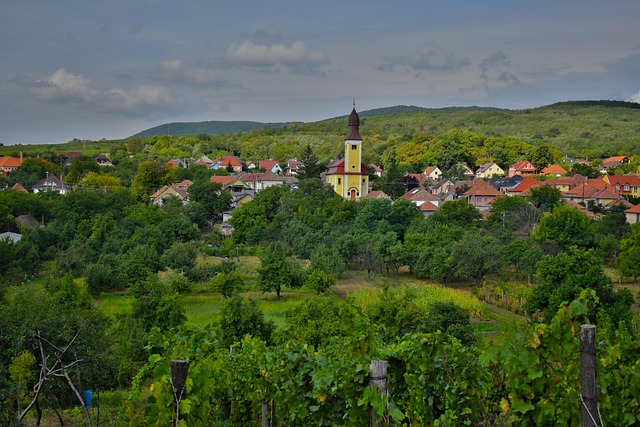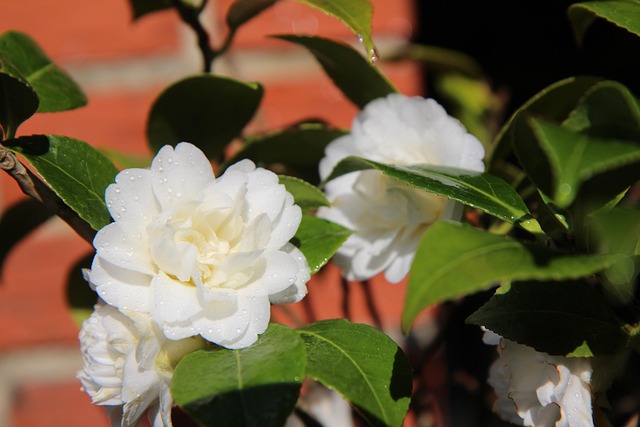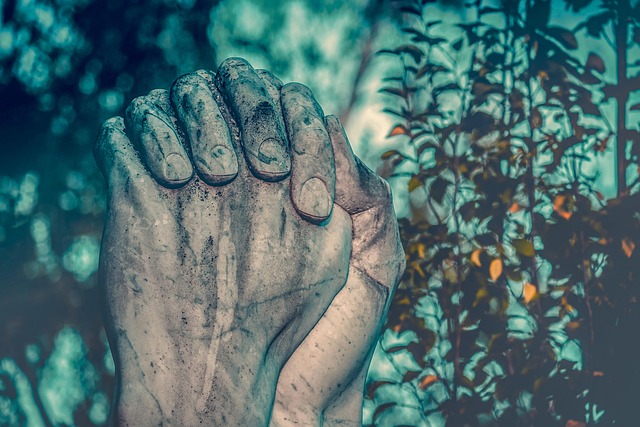Reviving Traditions: Exploring the Religious Reformation in Holiday Celebrations
As we approach the holiday season, a sense of nostalgia often fills the air. The twinkling lights, the comforting aroma of an array of festive treats, and the joy of gathering with loved ones all evoke a deep-rooted connection to our traditions. Yet, amidst these time-honored practices, a shift subtly emerges—a reformation in how we celebrate these cherished occasions.
The word reformation” carries a weighty significance, especially when linked to religion. It speaks to the transformative movements that have reshaped belief systems and cultural practices throughout history. This concept is highly relevant as we discuss the evolution of holiday celebrations today. What does it mean to reformulate age-old traditions within our contemporary context while still honoring their origins?
The Evolution of Religious Practices During Holidays
Over the years, religious observances intertwined with holiday celebrations have evolved dramatically. While many of these changes are gradual, some can be traced back to broader social and cultural shifts, redefining how we relate to sacred traditions. From Christmas carols reshaped into secular pop songs to the commercialization of holidays such as Easter and Diwali, the layers of cultural reformation signify the complexity of our collective identity.
These transformations often lead to questions of authenticity and relevance. How do we retain the essence of our religious practices while adapting to modern values? The answer lies in a delicate balance of preservation and adaptation. Many communities are embracing a renewed understanding of their faiths, aiming not only to celebrate their traditions but also to engage with them in a way that resonates with today’s values.
Modern Rituals: Merging the Old with the New
In some cases, this reformation has given rise to innovative rituals that blend traditional religious practices with contemporary cultural expressions. For instance, interfaith celebrations during Christmas, Hanukkah, and Kwanzaa highlight the importance of unity in diversity, encouraging people from varying backgrounds to come together in appreciation of shared values. Such approaches promote inclusivity and help bridge the gaps created by historical divides.
Moreover, there is a growing trend of incorporating sustainable practices into holiday celebrations. Many families are rethinking how they approach gift-giving, opting for handmade or eco-friendly gifts that honor the spirit of generosity while remaining cognizant of our impact on the planet. These choices, although modern, often echo ancient teachings about stewardship and mindfulness.
Reconnecting Through Traditional Foods and Customs
Food has always been a central component of holiday celebrations, and it serves as a powerful medium for cultural reformations. Traditional recipes passed down through generations are increasingly being revisited and updated to accommodate dietary needs or to reflect a more global palette. From plant-based versions of classic meals to the fusion of culinary techniques from various cultures, these adaptations bring new life to our tables while paying homage to our heritage.
Similarly, the manner in which we gather for celebrations is transforming. Large family reunions may now include virtual elements, allowing distant relatives to participate in traditions they thought lost. Holiday services are embracing both in-person and online attendance, making religious observances accessible to a wider audience than ever before.
The resurgence of interest in mindfulness and self-reflection during holidays also points to a reformation of spiritual practices. Many individuals are seeking deeper connections with their faith, exploring meditation, prayer, or gratitude practices that resonate more authentically with their personal journeys. In this way, the sacred is finding new avenues for expression and connection, completely reconfiguring the landscape of holiday observance.
The interplay between tradition and innovation in holiday celebrations reflects not only a reformation within religious practices but also our own personal journeys as we navigate faith and identity in a changing world. Every holiday season becomes an opportunity to forge a meaningful connection with our past while simultaneously shaping our future narratives. As we embrace these reformed traditions, we reaffirm our identities, cultivate community, and honor the timeless spirit of celebration.




